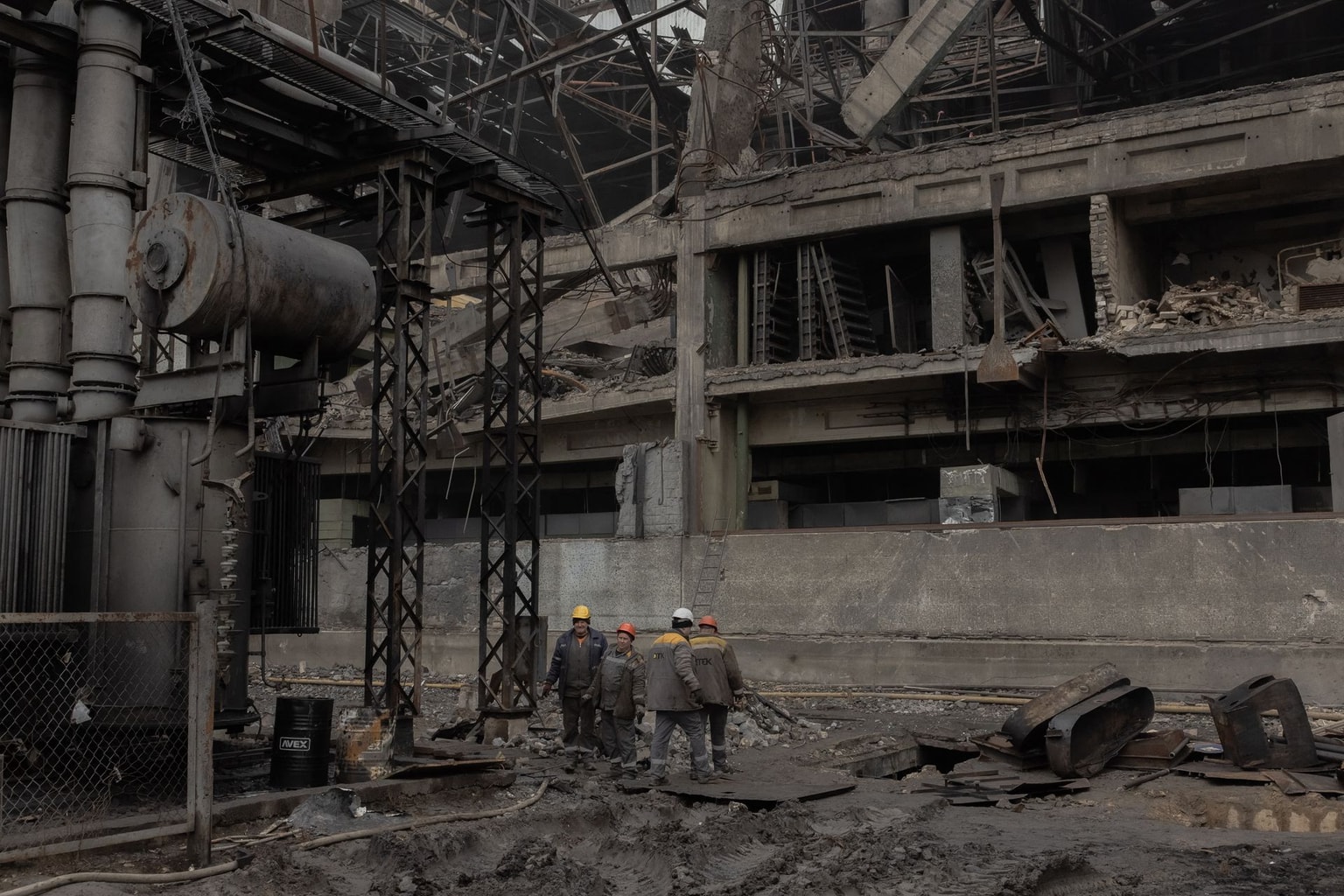Ukraine news
News Feed
Zelensky may reportedly visit US this week to discuss peace plan with Trump
The possible visit would depend on the outcomes of the U.S.-Ukraine consultations in Geneva, according to CBS News.

Ukraine, US draft updated peace plan during 'productive' Geneva talks
"I think we all recognize that part of getting a final end to this war will require for Ukraine to feel that it is safe and it is never going to be invaded or attacked again," U.S. Secretary of State Marco Rubio said.

Ukraine's drones strike Russian chemical factory in Crimea, number of energy facilities 'blacked out'
The Brom plant is a major manufacturer of bromine and related salts, the only one of its kind in Eastern Europe.

Don’t get too excited about Ukraine’s big Rafale fighter jet deal just yet
President Volodymyr Zelensky’s recent announcements of long-term fighter jet deals with European allies presents an enticing vision of Ukraine’s future airpower — a fleet of hundreds of modern aircraft ready to defend the country's skies. But that vision clashes with the country’s immediate reality: Russian advances on the front line, a $60 billion budget shortfall, the biggest corruption scandal of Zelensky’s presidency inside his own administration, and the threat of the worst winter energy c

4 killed, 17 injured in Kharkiv amid Russian drone attack
Russian forces launched a massive drone attack on Kharkiv on the evening of Nov. 23, killing at least four people and injuring at least 17, regional officials said.

Putin’s plan for Ukrainian surrender does not serve American national interests
Ukrainians and their democratically elected leaders will have to assess how to deal with Putin’s latest 28-point proposal for Ukrainian surrender — sometimes referred to as “Trump’s peace plan.” It’s tricky because rejecting the plan entirely risks alienating President Donald Trump and his senior advisors. But as an American, my reaction is unequivocal. This Putin plan does not serve American national interests. The sooner Trump and his team amend it or abandon it, the better it will be for U.

About Ukraine
The Kyiv Independent delivers reliable news, context, and on-the-ground reporting from Ukraine. The largest country located entirely in Europe, Ukrainian territory covers 603,628 square kilometers (233,062 square miles), and is bordered by bordered by seven countries, namely Russia, Belarus, Poland, Slovakia, Hungary, Romania, and Moldova. Ukraine traces its history back to the medieval state of Kyivan Rus.
Most Popular

The U.S. bipartisan Senate delegation attending the Halifax International Security Forum had received a phone call from Secretary of State Marco Rubio. In it, Rubio was quite frank. According to Republican Senator Mike Rounds, Rubio told senators that the 28-point peace plan drawn up by Special Envoy Steve Witkoff and his Russian counterpart, Kirill Dmitriev, was actually a Russian plan that the U.S. had agreed to pass along to Ukraine. "Secretary Rubio made a phone call to us this afternoon.















